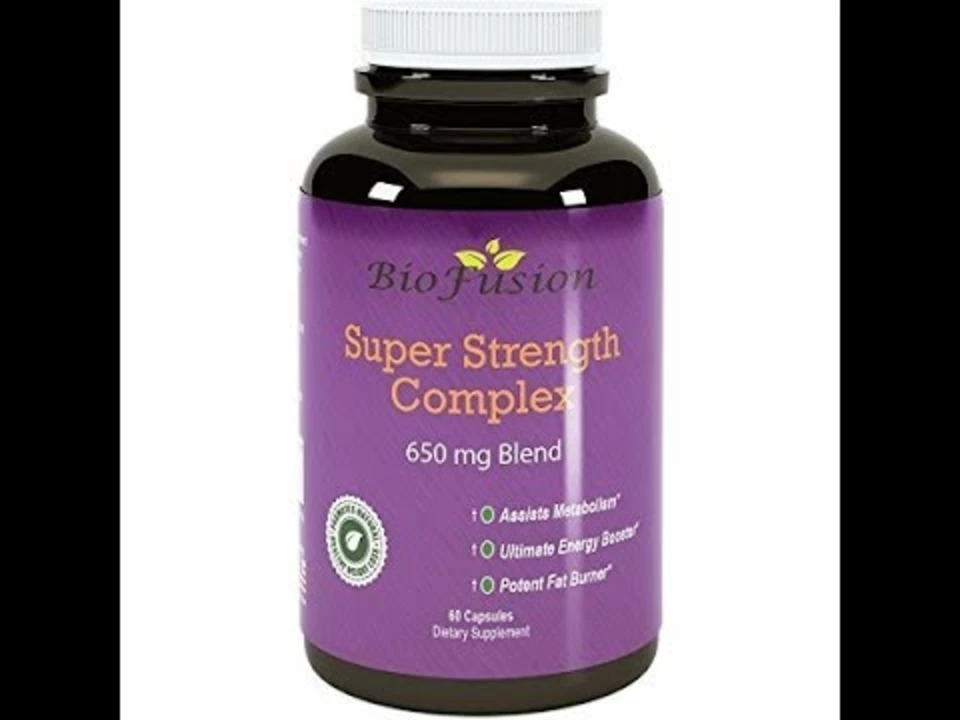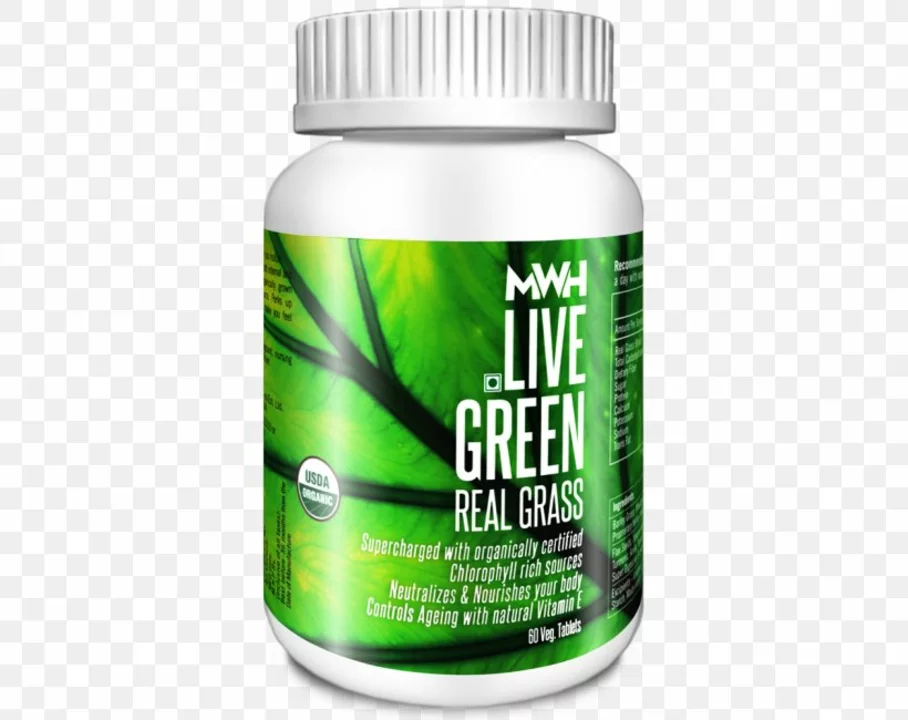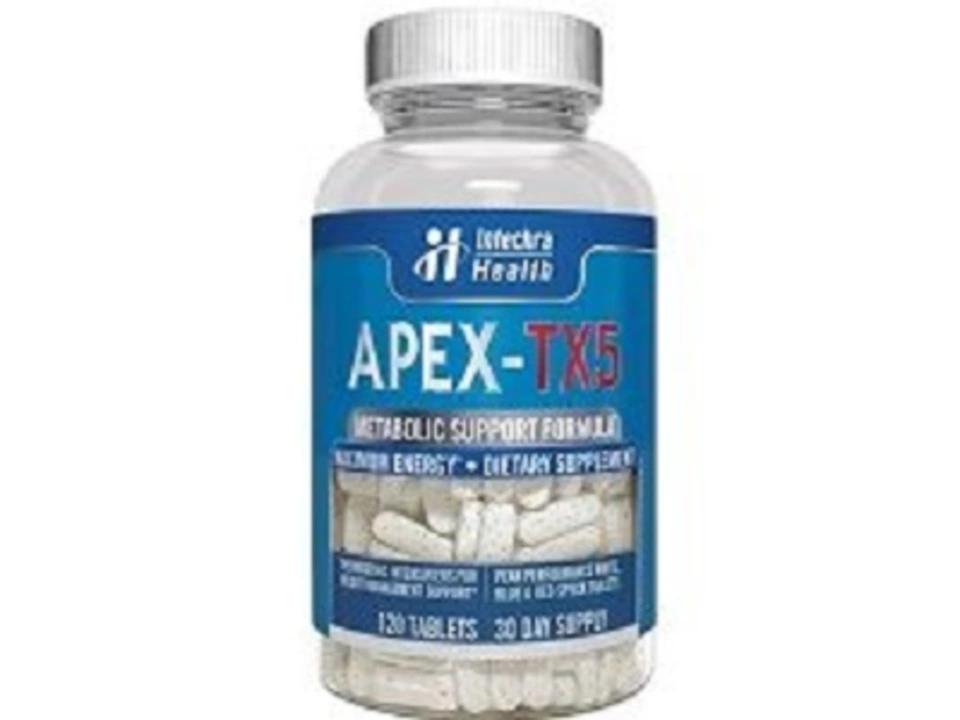Understanding Dietary Supplements: Simple Facts to Help You Choose
Dietary supplements are everywhere these days—from vitamins and minerals to natural oils and herbal extracts. But what exactly are they? Simply put, dietary supplements are products meant to add nutrients to your diet or support your overall health. People take them to fill nutritional gaps or target specific health needs like boosting immunity, easing joint pain, or improving digestion.
Before reaching for that bottle, it’s good to know supplements aren’t miracle cures. They work best when paired with a balanced diet and healthy lifestyle. Think of them as helpers, not replacements, for real food. For example, if you’re low on vitamin D because you don’t get much sun, a supplement can help, but it shouldn't replace spending some time outside.
How to Pick the Right Supplement for You
Picking a supplement can feel overwhelming with so many options and claims. Start by looking at your diet and lifestyle. Are you missing key nutrients? Sometimes a simple blood test with your doctor can show what you might need. Once you know that, check the label carefully. Look for clear ingredient lists and avoid ones with a lot of additives or unknown fillers.
Another tip: quality matters. Choose brands that follow good manufacturing practices and have third-party testing. This helps ensure what’s on the label matches what’s inside. Don’t hesitate to ask your pharmacist or doctor if you’re unsure.
Common Supplements Worth Knowing About
Some supplements have solid research backing their benefits. For instance, omega-3 fatty acids from fish oil help heart health, and probiotics support digestion. Vitamin C and zinc are popular for immune support, especially during cold season. Natural remedies like emu oil have gained attention too, thanks to both tradition and recent studies showing benefits for skin and joint health.
But remember, more is not always better. Taking too much of certain supplements can cause side effects or interfere with medications. Always follow recommended dosages and check with a healthcare professional if you’re taking other medicines.
In the end, dietary supplements can be a helpful tool for your health if used wisely. They fill gaps, support wellness, and sometimes provide relief when combined with good habits. Keep informed, ask questions, and choose well to get the most out of your supplements journey.





